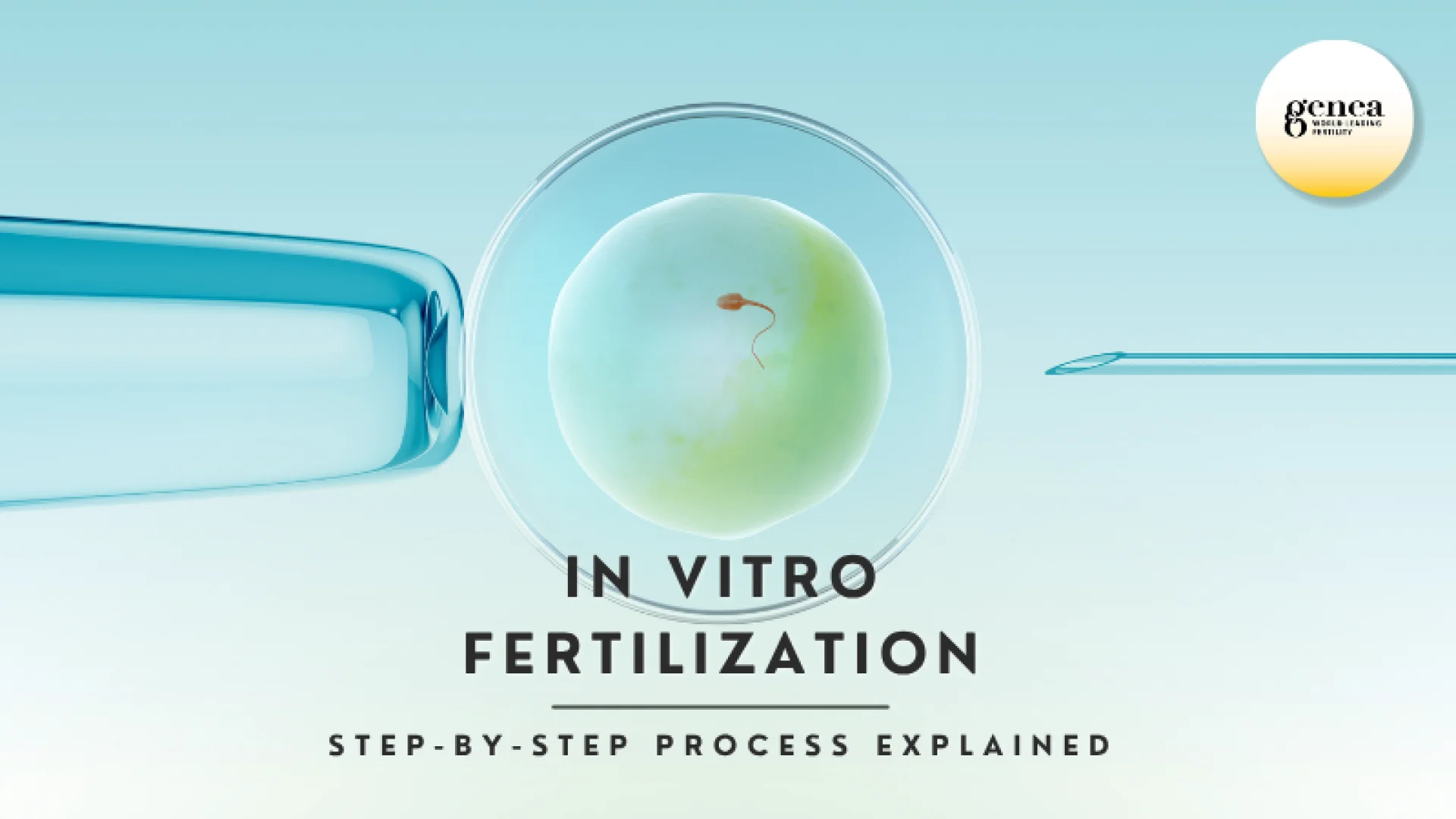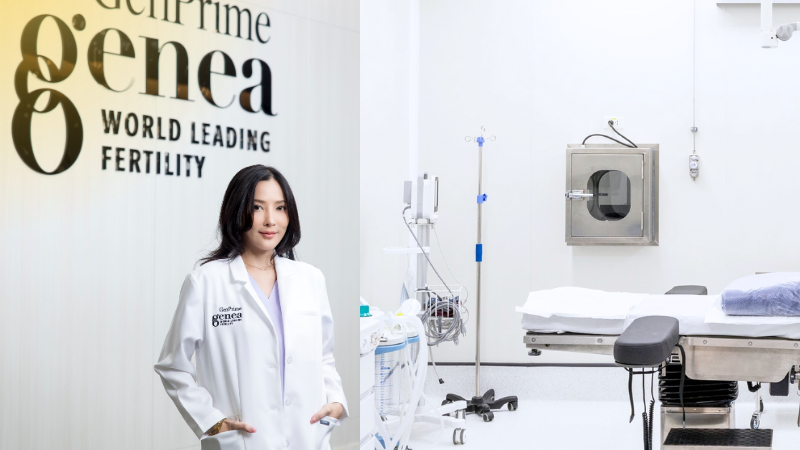In Vitro Fertilization (IVF): Step-by-Step Process Explained

For many couples struggling to conceive, In Vitro Fertilization (IVF) offers a hopeful path toward parenthood.
But fertility treatment can be complex, with many options and techniques to consider. In this article, well walk you through the IVF process in a clear, easy-to-follow way-especially for those beginning their journey in Thailand.
What Is In Vitro Fertilization (IVF)?
Among today's fertility treatments, IVF is one of the most established and effective options. It involves fertilizing an egg with sperm outside the body in a laboratory, then transferring the resulting embryo into the uterus to achieve pregnancy.
In Vitro Fertilization is often combined with other techniques to improve outcomes based on individual needs. Here are five commonly used methods:
- ICSI (Intracytoplasmic Sperm Injection)
This technique involves injecting a single healthy sperm directly into an egg. Its especially helpful in cases of male infertility, such as low sperm count or poor motility. - Preimplantation Genetic Testing (PGT)
Before embryos are transferred, they can be screened for genetic abnormalities. This helps select the healthiest embryos and reduces the risk of genetic disorders or miscarriage. - Blastocyst Culture
Instead of transferring embryos after just a few days, some clinics allow them to grow to the blastocyst stage (day 56). These embryos are often stronger and more likely to implant successfully. - Embryo Freezing (Cryopreservation)
Extra embryos can be frozen and stored for future use, reducing the need to repeat the entire IVF cycle in the future. - Egg or Sperm Donation
When one partner is unable to produce viable eggs or sperm, donor eggs or sperm can be used, opening up possibilities for many families.
(Related reading: The Significance of IVF)
the differences between IVF and ICSI.
Many people wonder, Whats the difference between IVF and ICSI? Both involve fertilizing an egg with sperm in a laboratory, but ICSI goes one step further. It involves selecting a single healthy sperm and injecting it directly into the egg. This method can significantly improve success rates, especially in cases where the male partner has low sperm count or poor sperm quality.
At Genea, we choose to combine IVF with ICSI to give every egg the highest possible chance of successful fertilization.
Step-by-Step: IVF with ICSI at Genea

Genea recently shared the story of Khun May, founder of Primaya, who chose to take control of her fertility journey with IVF combined with ICSI. With advanced technology and compassionate care, let's explore the In Vitro Fertilization with ICSI process-the same method Khun May chose-step by step.
- Sperm Selection
Our lab team carefully processes the sperm sample. Using advanced techniques, we identify and isolate the healthiest and most active sperm to maximize the chances of successful fertilization.
Fact : Did you know? According to the World Health Organization, 1 in 6 couples will experience infertility during their reproductive lifetime. Its more common than you might think. - Egg Preparation
The retrieved eggs are gently prepared by removing their outer layer. This step helps us assess each egg's maturity and makes the fertilization process more effective. - Injection (ICSI)
Under a high-powered microscope, a single healthy sperm is injected directly into each mature egg using a microneedle. This precise approach gives each egg the best possible chance of fertilization-especially when traditional IVF methods may not be sufficient. - Development and Monitoring
The injected eggs are then placed in a time-lapse incubator. Over the next 24 hours, our embryologists monitor them for signs of successful fertilization and continued development. The highest-quality embryos are selected for transfer into the uterus in the next stage of IVF.
Fact : When should couples start investigating fertility? If youre under 35 and have been trying to conceive for 12 months-or just 6 months if youre 35 or older-it may be time to speak with a fertility specialist.
How Long Does IVF Take?
A typical IVF cycle takes about 4-6 weeks from start to finish. This includes ovarian stimulation (10-14 days), egg retrieval, fertilization in the lab, and embryo transfer. However, the timeline can vary based on your individual treatment plan and response to medications.
Some couples may need multiple cycles, while others may choose to freeze embryos for future use, which can extend the overall timeline. Your fertility specialist will provide a personalized timeline based on your specific situation.
Why Choose IVF in Thailand at Genea?

Choosing the right fertility clinic is one of the most important decisions you'll make on your journey to parenthood. At Genea Thailand, we bring together the best of both worlds
- Proven Innovation from Australia's Leader Genea is Australia's most trusted IVF clinic, consistently at the forefront of fertility technology. We've pioneered techniques now used worldwide, like Day 5 blastocyst transfers and single embryo transfer methods that improve your success rates while ensuring safety for both mother and baby.
- Advanced Technology You Can Trust Our team developed Geri®, the advanced time-lapse incubator technology that clinics globally now use. We're also leaders in genetic testing techniques that help select the healthiest embryos. When other fertility centers adopt our methods, you know you're getting the best care available.
- World-Class Expertise, Right Here in Thailand At Genea Thailand, you access the same innovative treatments and exceptional care that made us Australia's leading fertility clinicwith the convenience and cost advantages of treatment in Thailand.
We understand that every couple's journey is different. That's why we're here to provide you with proven expertise and advanced technology that has helped thousands of families build their future.


